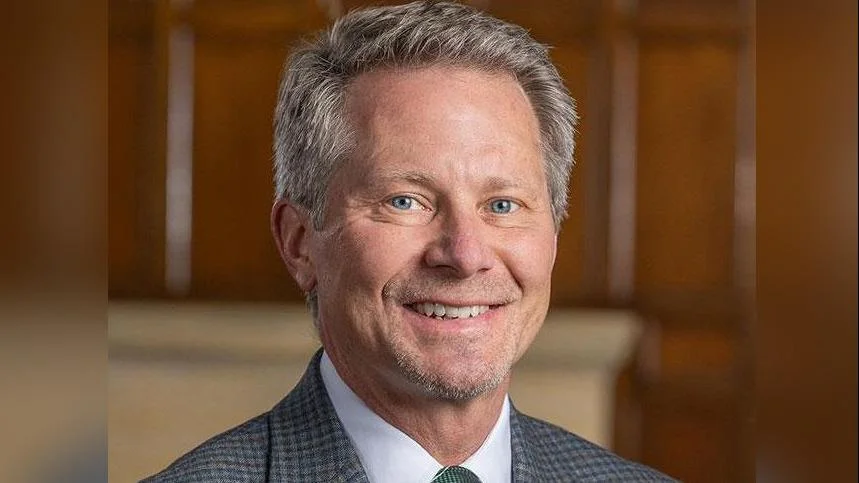Kevin M. Guskiewicz President at Michigan State University | Official website
Kevin M. Guskiewicz President at Michigan State University | Official website
On April 22, the United States Supreme Court engaged in oral arguments for a significant case that could impact the rights of individuals experiencing homelessness. The court is examining whether laws that penalize homeless people for sleeping outdoors with basic necessities like a pillow or blanket, when no safe and accessible shelter options are available, infringe upon the Eighth Amendment of the U.S. Constitution. This amendment guards against excessive bail, fines, and cruel and unusual punishment.
A group of 57 social scientists submitted an amicus brief supporting the plaintiffs, including two professors from Michigan State University (MSU).
Deyanira Nevárez Martínez, an assistant professor at MSU involved in the brief, stated: “The Supreme Court's decision in Grants Pass v. Johnson is a watershed moment for housing and human rights in America.” She emphasized that punitive measures worsen the situation for unhoused populations by deepening their cycles of poverty and marginalization. Her research in Southern California highlights how local enforcement of anti-homeless ordinances fails to resolve issues but instead strips away dignity and autonomy from those affected.
Nevárez Martínez will attend the oral argument in Grants Pass v. Johnson on April 22 and is available for comment.
Stephen Przybylinski, another MSU professor who signed the amicus brief, focuses his research on political and urban geographies related to property, housing, and homelessness. He remarked: “My research examines how unhoused people navigate a world of private property regulations by specifically looking at how city-sanctioned and self-managed encampments operate.”
Przybylinski explained that the Grants Pass case challenges a previous Ninth Circuit Court ruling from Martin v. Boise in 2018. This ruling deemed it unconstitutional for municipalities to criminalize unhoused individuals resting in public spaces when no shelter was available. In response to Martin v. Boise, cities like Portland have struggled with enforcing camping restrictions amid rising homelessness exacerbated by the COVID-19 pandemic.
He added: “If SCOTUS rules in favor of Grants Pass...this may once again enable municipalities to enforce more restrictive camping bans for unhoused people who do not have access to shelter.”
Przybylinski further noted that such bans often worsen conditions for homeless individuals by forcing them into constant mobility without solving underlying issues due to lack of affordable housing or shelters.
The outcome of this case could influence how municipalities across West Coast cities handle similar situations regarding homelessness.






 Alerts Sign-up
Alerts Sign-up